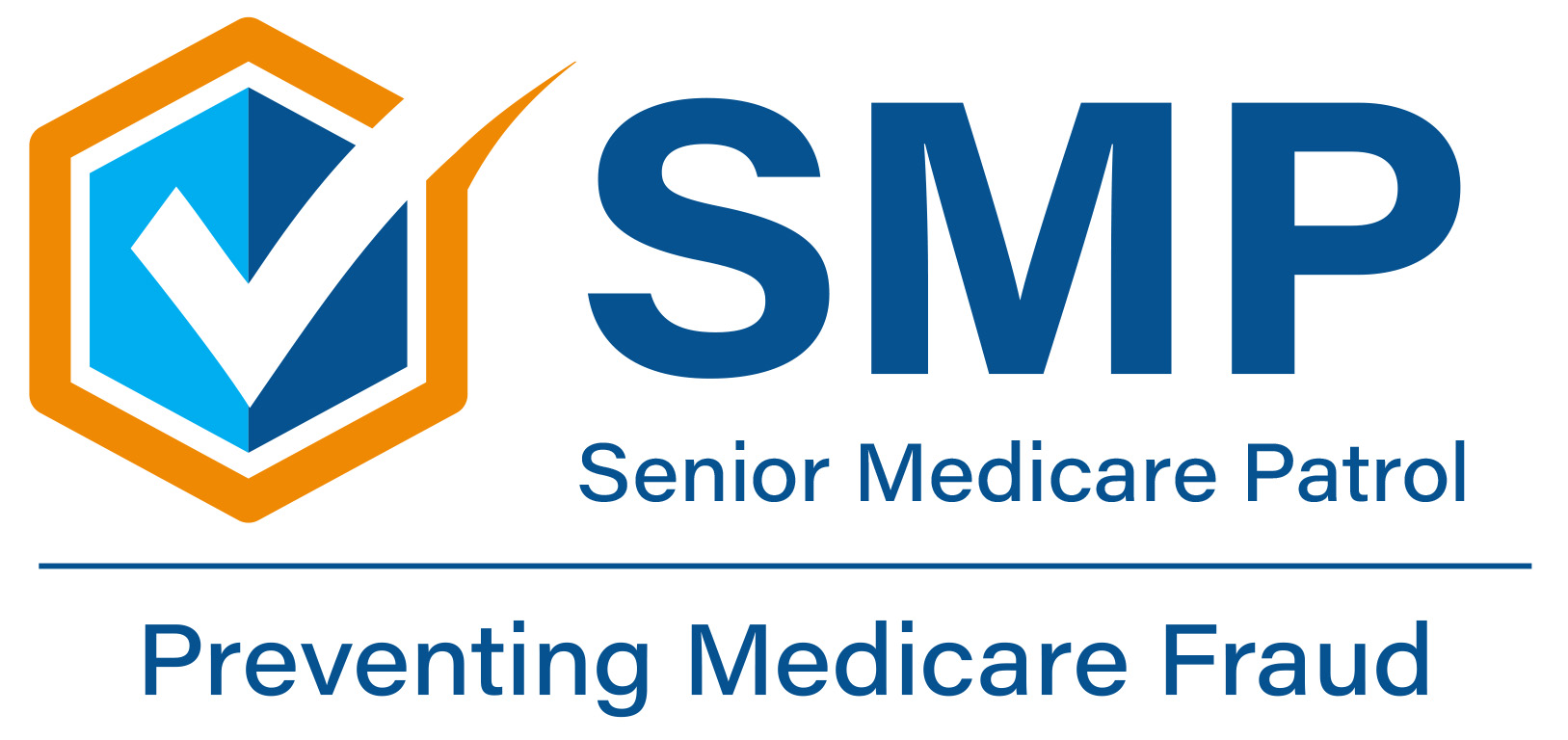Social isolation among older adults is a serious issue. According to the Centers for Disease Control and Prevention (CDC), one-third of adults ages 45 and older feel lonely. This group is at an increased risk of social isolation due in part to having less nearby, immediate family or a chronic illness. Many organizations have created resources to help combat this social isolation and support beneficiaries and caregivers, as well as staff members and volunteers.
Assessments
- AARP: Connect 2Tools To Overcome Social Isolation
- Take this electronic assessment to see if you believe you are at risk of social isolation and also to find ways to become more connected.
Website and Webpages
- AARP: Community Connections
- This website can help you connect with people in your community by hearing from a friendly voice, joining a group, or starting a group.
- Advocacy & Services for LGBT Elders (SAGE): Social Isolation
- Several resources targeting social connectedness for LGBT older adults.
- Administration for Community Living (ACL) initiative Commit to Connect:
- Mental Health America (MHA): Social Support: Getting And Staying Connected
- National Association of Area Agencies on Aging (n4a): Blog Post Templates to engAGE Older Adults and Caregivers During COVID-19
- National Association of Area Agencies on Aging (n4a): COVID-19 Resources for Older Adults: Create Connections Without Technology
- National Association of Area Agencies on Aging (n4a): New Flyer Highlights Ways Older Adults Can Stay Connected to the Community During COVID-19
- National Institute on Aging (NIA): Loneliness and Social Isolation - Tips for Staying Connected (English) (Spanish)
- National Council on Aging (NCOA): Resources and Support for Older Adults Living Alone: A Comprehensive Guide (2023)
- SAGE: SAGEConnect
- Through SAGEConnect you will receive casual, weekly phone or video calls from a SAGEConnect volunteer. SAGE has teamed up with Mon Ami to create a simple, one-step call line that allows you to connect with your SAGEConnection without ever giving away your personal information.
Articles
- AARP: Is Extended Isolation Killing Older Adults in Long-Term Care?
- AARP: Teens Reach Out to Isolated Older Americans Through Online Programs
- engAGED National Resource Center: Being Isolated Can Put Older Adults at Risk for Medicare Fraud
- National Council on Aging (NCOA): Staying Connected While Staying Home
- U.S. Department of Health and Human Services (HHS): New Surgeon General Advisory Raises Alarm about the Devastating Impact of the Epidemic of Loneliness and Isolation in the United States
Newsletter
- National Association of Area Agencies on Aging (n4a): engAGING Practices: Best Practices for Helping Older Adults Stay Socially Engaged
Handouts
- Eldercare Locator and National Association of Area Agencies on Aging (n4a): Staying Connected at Home During COVID-19 (English) (Spanish)
- Eldercare Locator and Alliance for Aging Research: Staying Safe at Home During the Coronavirus Crisis (English) (Spanish)
- engAGED National Resource Center: Online Safety for Older Adults consumer fact sheets:
- National Institute on Aging (NIA): Feeling Lonely or Socially Isolated?
Videos
- National Association of Area Agencies on Aging (n4a): Enhancing the Social Engagement of Older Adults During COVID-19
Social Engagement
- Administration for Community Living (ACL): Eldercare Locator
- Link those who need assistance with state and local agencies on aging, as well as community-based organizations that serve older adults and their caregivers.
- engAGED National Resource Center:
- Implementing and Expanding Virtual Programming for Older Adults - A manual developed with OATS (Older Adults Technology Services) for your organization to take when planning virtual programs, best practices for presenting virtual programs, and real-world examples and tips from OATS Senior Planet centers.
- Online Safety for Older Adults: Socializing Safety Online - This fact sheet includes best practices for safely
socializing online, whether you are connecting on social media or attending online events. - Stay Active Through Technology - While new technology can be intimidating, you don’t need to
be an expert to benefit from it. There are plenty of ways to learn
more skills! - Tapping into Technology to Stay Connected and Engaged - A consumer-friendly booklet that provides older adults with information on available technology options, how to access technology, and how technology can help them stay engaged and connected to their communities.
- What Works: Social Engagement Innovations and Best Practices - A publication to help your organization develop new programs to help older adults, people with disabilities, and caregivers stay socially connected to your community.
- Federal Trade Commission: Emergency Broadband Benefit
- The Emergency Broadband Benefit will provide a discount of up to $50 per month towards broadband service for eligible households and up to $75 per month for households on qualifying Tribal lands. Eligible households can also receive a one-time discount of up to $100 to purchase a laptop, desktop computer, or tablet from participating providers if they contribute more than $10 and less than $50 toward the purchase price.
- Frequently Asked Questions (FAQs) about the Emergency Broadband Benefit.
- National Council on Aging (NCOA): Tools for Reaching a Remote Audience
- This website provides an overview of some popular tools to reach out to and connect with people.
- Senior Planet (OATS): Senior Planet
- Senior Planet, powered by OATS (Older Adults Technology Services), harnesses technology to change the way we age. Their courses, programs, and activities help seniors learn new skills, save money, get in shape, and make new friends.
- U.S. Department of Health and Human Services: Our Epidemic of Loneliness and Isolation: The U.S. Surgeon General’s Advisory on the Healing Effects of Social Connection and Community
- This advisory calls attention to the importance of social connection for individual health as well as on community-wide metrics of health and well-being, and conversely the significant consequences when social connection is lacking.
